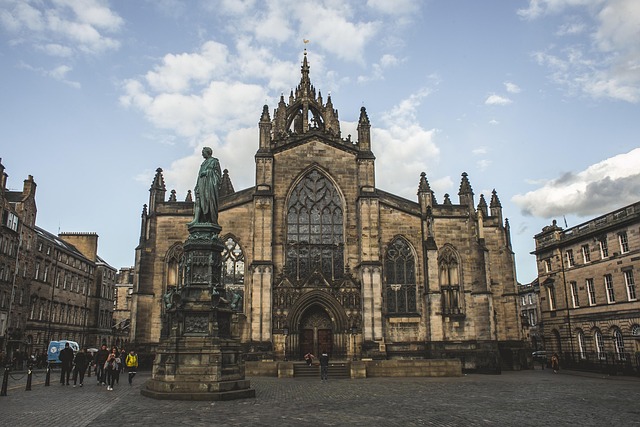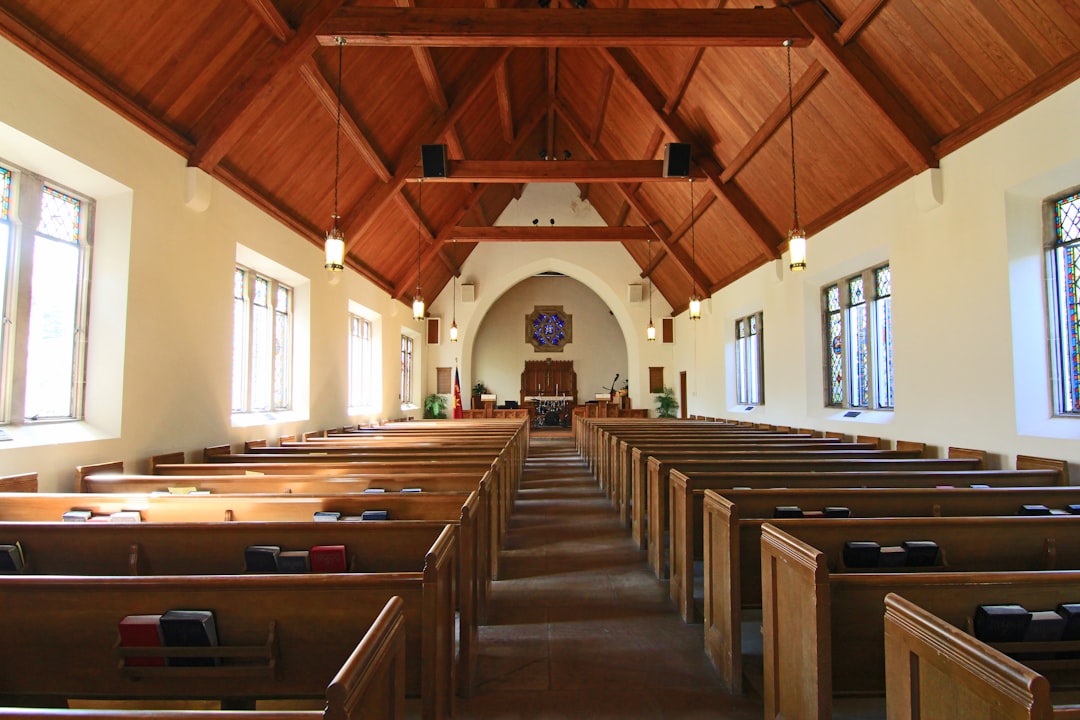In Missouri, particularly in St. Louis, victims of clergy abuse can find support through specialized clergy abuse law firms. These firms possess extensive knowledge of state laws and precedents regarding sexual harassment, assault, and abuse within religious institutions, including the statute of limitations. They guide survivors through complex civil lawsuit procedures, ensuring justice is served in a safe, supportive environment tailored to the unique religious context. Navigating this process involves gathering evidence, filing detailed complaints, legal exchanges with defendants' representation, and discovery proceedings.
In Missouri, cases involving clerical assault demand specialized legal attention due to their sensitive nature. If you’ve experienced abuse at the hands of a spiritual leader, understanding Missouri’s unique legal landscape is crucial. This guide delves into the process of seeking justice through a civil lawsuit.
For those in St. Louis, MO, turning to a clergy abuse law firm can be transformative. These experts navigate complex legal procedures, ensuring victims receive the support and compensation they deserve. From understanding jurisdiction to gathering evidence, this step-by-step overview covers key considerations for navigating a civil lawsuit against a cleric.
Understanding Missouri's Legal Landscape for Clergy Assault Cases
In Missouri, the legal landscape for clergy assault civil lawsuits is governed by a combination of state laws and precedents. When considering a case involving alleged abuse by religious leaders, it’s crucial to understand the specific legal protections and procedures in place. A clergy abuse law firm in St. Louis MO is well-equipped to guide victims through this complex process. These firms have extensive knowledge of Missouri’s statutes regarding sexual harassment, assault, and abuse within religious institutions.
Missouri laws, such as those pertaining to the statute of limitations for civil lawsuits, can vary depending on the type of abuse alleged. A reputable clergy abuse law firm in St. Louis MO will help victims navigate these legal intricacies, ensuring their case is handled with sensitivity and expertise. The firm’s professionals understand the unique challenges faced by individuals seeking justice after experiencing abuse within a religious setting.
The Role of a Clergy Abuse Law Firm in St. Louis, MO
In the face of clergy abuse, victims in St. Louis, MO, find solace through specialized legal support. A clergy abuse law firm dedicated to this specific area of practice plays a pivotal role in navigating complex civil lawsuit procedures. These firms possess extensive knowledge and experience in handling cases involving spiritual leaders who have exploited their positions of power, offering guidance tailored to the unique challenges presented by such sensitive matters.
The expertise of a clergy abuse law firm lies in understanding the nuances of Missouri’s legal framework regarding religious institutions and the specific statutes related to civil lawsuits. They empower victims to take legal action against perpetrators while considering the religious context and the potential impact on affected communities. Through their efforts, these firms strive to ensure that justice is served, providing a safe space for survivors to share their stories and seek redress in the legal system.
Navigating the Civil Lawsuit Process: Steps and Considerations
Navigating the civil lawsuit process can be complex, especially for individuals seeking justice for clergy abuse in St. Louis, MO. The journey begins with understanding the legal framework surrounding their case. A victim of clergy abuse may file a civil suit against the responsible parties, which often includes steps like retaining a qualified clergy abuse law firm in St. Louis, MO, to guide them through the process. This initial step is crucial as such firms possess the expertise and resources necessary to ensure the case is handled with sensitivity and legal proficiency.
The process involves several considerations. First, victims must gather evidence, including documentation of the abuse, medical records, and any relevant communications or records from the religious institution. Next, a detailed complaint outlining the allegations needs to be filed in court. The defendant(s) will then be served with the lawsuit, prompting a response from their legal representation. This back-and-forth exchange of legal arguments is a critical phase, after which discovery proceedings may begin, allowing both parties to gather more information and evidence for their case.






